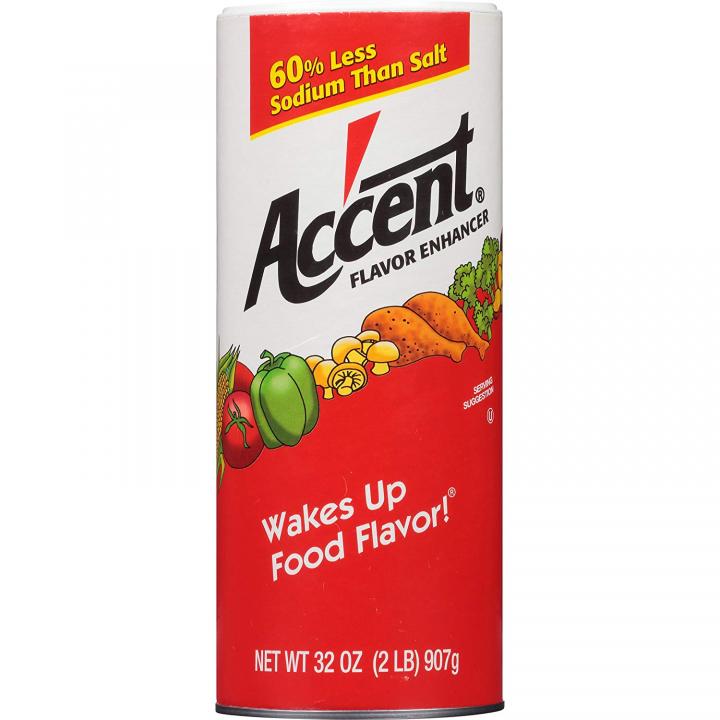
n some ways, Meyer and other experts see the story of MSG repeating -- and deepening -- in the current "clean-eating" trend. Where MSG was once the ingredient to banish, many big food brands are culling all chemical, artificial and genetically modified ingredients at consumers' behest.
But most of these ingredients have been used safely for decades. And many improve the nutrition and shelf life of packaged foods. Nadia Berenstein, a PhD student at the University of Pennsylvania researching the history of flavor, recently wrote that removing them is often "more about catering to a culture’s fears and biases than the genuine pursuit of better-for-you food."
“Sometimes it’s easier to put a 'free from X' label on something than to actually educate consumers about it,” said Lisa Watson, the spokeswoman for the Glutamate Association, an MSG trade group. “Personally I wish food companies would take the longer view.”
Watson says her industry is still trying to dig out from the MSG backlash, five decades later. According to Mintel, the number of new processed foods with MSG is decreasing. And sales of products advertised as “MSG-free” are expected to grow 22 percent between 2016 and 2021, according to market research firm Euromonitor.
In an effort to push back, Watson and her member companies regularly meet with chefs and nutritionists to talk up the merits of MSG. She has been heartened by statistics that show younger consumers are not quite as adverse to the product as their parents were. She has been glad to see media outlets run debunks of the MSG myth, and celebrity chefs, such as Hugh Acheson and David Chang, vocally embrace the seasoning.
The "foodie movement" also has revived interest in cooking that shows off science, said Sarah Tracy, an adjunct professor at UCLA's Institute for Society and Genetics who will publish a history of MSG this year. While Tracy isn't entirely willing to give the seasoning her seal of approval -- it is being researched for its possible role in promoting weight gain, she points out -- she sees other cooks and consumers embracing the seasoning as a sign of their culinary savviness.
Lately, Watson said, the Glutamate Association has tracked the same trend. It monitors references to MSG on social media, and they have grown more positive. Asked if the online sentiment was good overall, however, or just good compared to years past, Watson laughed.
“Let’s not put the cart before the horse,” she said. “It’s pretty clear that there are still a lot of misconceptions.”
op AI researchers race to detect ‘deepfake’ videos: ‘We are outgunned’